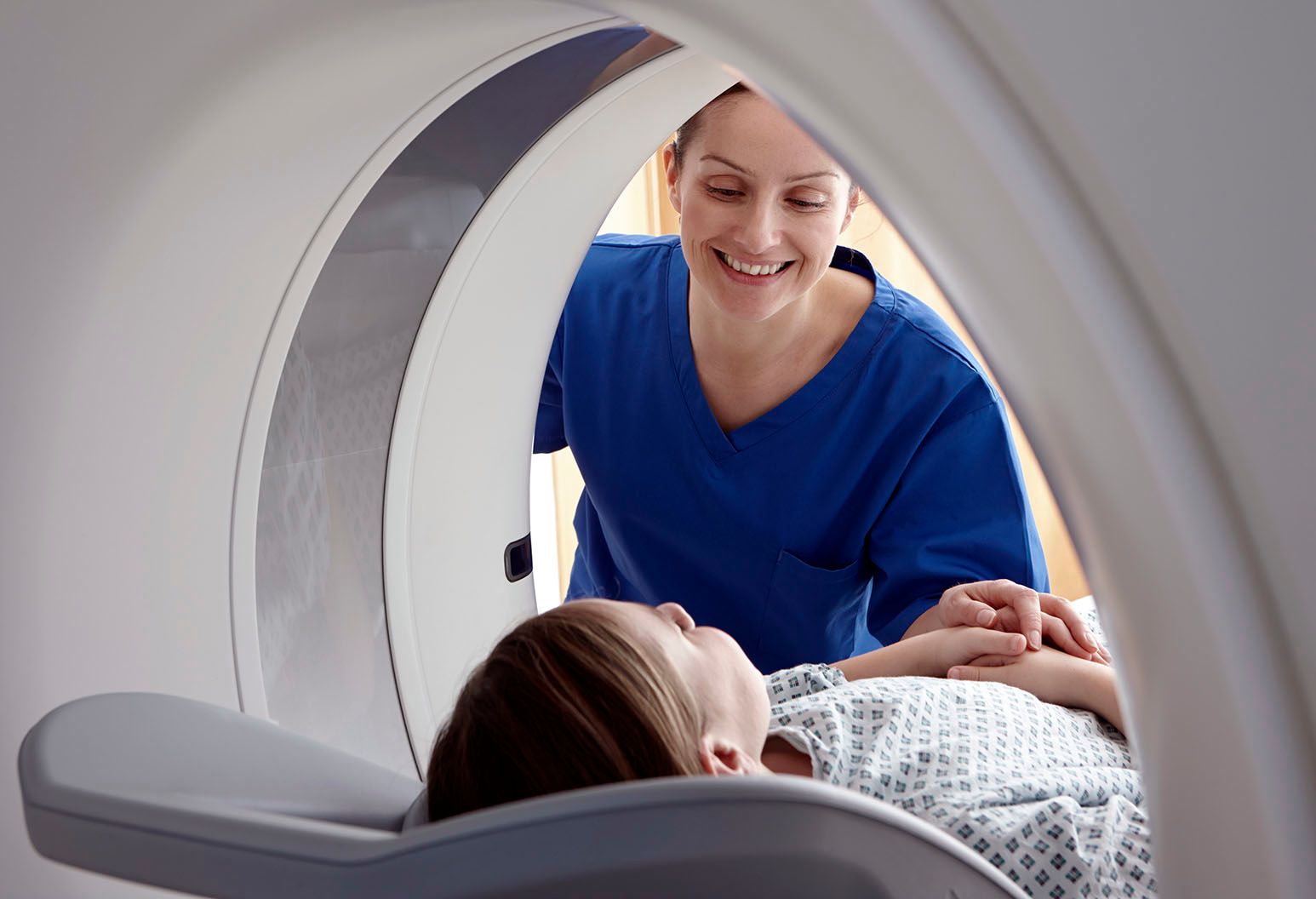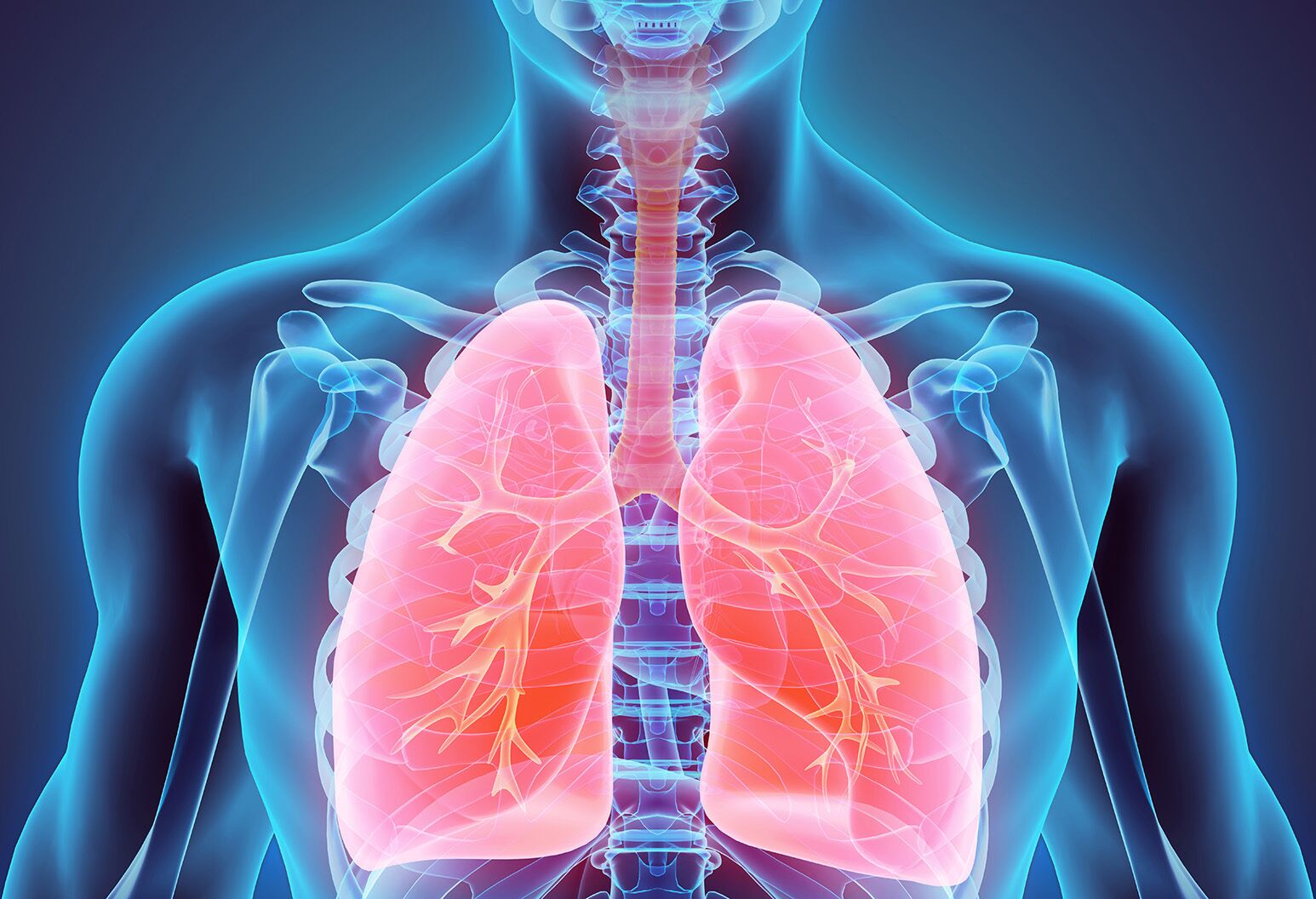Lung cancer screening

Lung cancer screening is a regular preventive health check, much like a mammogram or colonoscopy. It is used to test for lung cancer before you have symptoms.
At Northwell Health, our screening experts are trained in detecting lung cancer in its earliest and most treatable stages—so that they can act before the disease has a chance to spread. In March 2021, the United States Preventive Services Task Force (USPSTF) updated its recommendations for annual lung cancer screening with low dose computed tomography (CT scan). It is now recommended for adults ages 50 to 80 who have a 20 pack-year* smoking history, currently smoke or have quit within the past 15 years. Please note that insurance carriers may take some time to update their policy.
If you meet the revised USPSTF eligibility criteria and would like to have a lung cancer screening CT, please discuss with your physician or call us at (844) 544-5864 for additional information.
*If you’ve smoked a pack a day for the last 20 years, or two packs a day for the last 10 years, you have 20 pack-years.
Our free health risk assessment is the first step to learning your risk for lung cancer.
Overview
Benefits
What to expect
Risks
Frequency
Results
Referrals
Eligibility
Insurance
Smoking
Get the facts on lung cancer screening, including eligibility, what to expect, and where you can get one.



